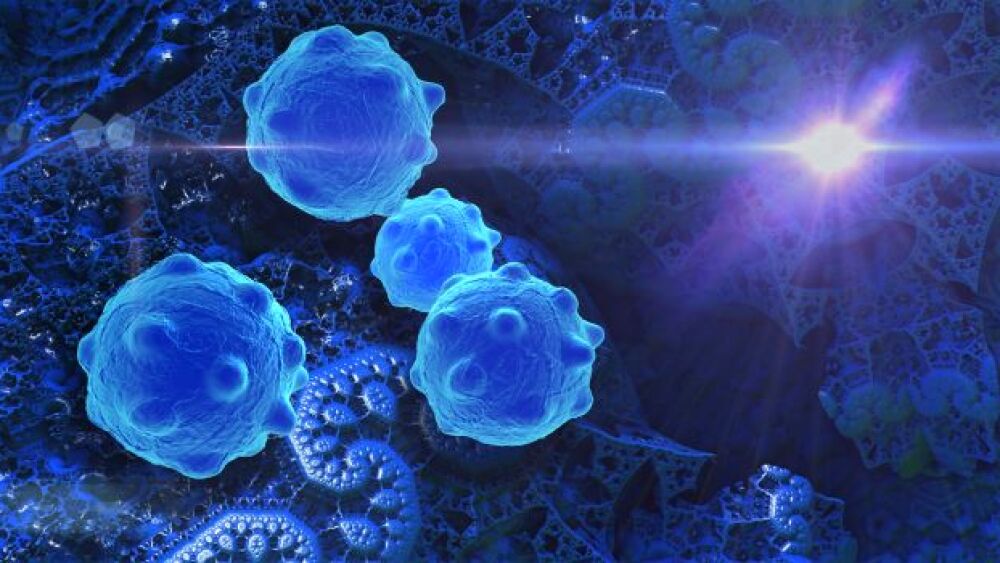With an oral presentation and a poster at the ASCO Annual Meeting this year, Seres Therapeutics sought to bolster the case for two of its microbiome therapeutics programs.
With an oral presentation and a poster at the American Society of Clinical Oncology (ASCO) Annual Meeting this year, Seres Therapeutics sought to bolster the case for two of its microbiome therapeutics programs, sharing data from academic collaborations in cancer immunotherapy and graft-versus-host disease (GVHD) following allogeneic hematopoietic stem cell transplantation (HSCT).
Dozens of companies have launched in the past few years to develop microbiome therapies in myriad ways, seeking to deliver or target single bacterial strains or consortia, natural or engineered microbes or their metabolites or vesicles.
The low-hanging fruit is treating Clostridioides difficile infection, where fecal microbial transplants have already become a standard-of-care treatment for recurrent infections, and where four companies now have therapies in or nearing Phase III testing. Seres was the first to announce positive topline Phase III efficacy data last year for its lead SER-109, an oral therapy delivering a consortium of Firmicutes spores for recurrent C. difficile infections.
While no microbiome therapies have yet been approved for any indication, pharmaceutical companies have taken notice of their relative clinical success and are partnering with microbiome companies in another hot area, immune checkpoint inhibitors (ICIs).
Recent clinical studies have bolstered a growing body of evidence that the gut microbiome can potentiate ICIs, which are known for their impressive anticancer response in a small subset of patients. Seres was an early player in this space as well, but recently announced it was discontinuing its SER-401 program, ending new enrollment in a Phase I combination trial with the anti-PD-1 ICI Opdivo (nivolumab) for patients with metastatic melanoma.
Matthew Henn, CSO and executive vice president of R&D at Seres, said the company remains very interested in cancer and ICIs.
“We have developed new research programs at Seres focused on increasing efficacy, but also ameliorating the off-target toxicities as well,” Henn said.
The SER-401 trial is still generating data as well, he said, and together have allowed the company to prioritize a rationally designed cultivated therapeutics program.
The poster and abstract presented at ASCO is based on a collaboration with researchers at Memorial Sloan Kettering Cancer Center, correlating response rates to four ICIs – Tecentriq (atezolizumab), Opdivo, Yervoy (ipilimumab), and Keytruda (pembrolizumab) – or combinations thereof, in 94 patients with metastatic melanoma, lung, urothelial, or renal cancer. The research, Henn said, is aimed at resolving a familiar question in the space: is there a microbiome signature that separates ICI responders from non-response across cancer patients?
“What we learned, as we suspected, is basically no,” Henn said. “You need to look deeper.”
But the groups did find signatures of response versus non-response within cancer types.
According to Henn, further study to understand the mechanistic underpinnings of the microbiome signature differences will help elucidate opportunities for Seres as it looks to develop a clinical microbiome therapy program.
The oral presentation focused on a prospective longitudinal study done with University of Cologne researchers. The partners studied 66 patients receiving HSCTs as a treatment for hematological malignancies, since standard-of-care therapies like chemotherapies and prophylactic antibiotics have been associated with reduced gut microbial diversity and GVHD.
Using 16S ribosomal RNA microbiome sequencing to characterize bacteria genera, the researchers found decreased microbiome diversity across all patients, with significantly lower diversity among patients who died within a year of HSCT. Intestinal domination by Enterobacteriaceae was associated with the development of GVHD and higher mortality, and Enterococcus dominance was also associated with higher mortality risk. Enterococcus and Enterobacteriaceae are both known to cause bacterial sepsis and prominently harbor antibacterial resistance, Henn said.
The findings confirmed earlier research from a Memorial Sloan Kettering Cancer Center team, and the design principles of Seres’ next clinical program, SER-155, according to Henn. Just days before ASCO, Seres announced it had received U.S. Food and Drug Administration clearance to launch a Phase Ib trial for SER-155, a rationally designed fermented bacterial consortia, in 70 immunocompromised patients following HSCT.
“Our goal was to design a drug that could both decrease infection and overall abundance of vancomycin-resistant Enterococci and carbapenem-resistant Enterobacteriaceae in these patients,” Henn said.
At least one other company has a microbiome-based therapy in clinical trials for GVHD: MaaT Pharma is planning a Phase III trial for MaaT011, a fecal microbial transplant composed of pooled, full-ecosystem microbiomes.
Seres has two other therapies in clinical trials, both for ulcerative colitis: SER-287 is in Phase 2b testing for patients with mild-to-moderate disease, while SER-301 is in Phase Ib safety and efficacy trials. At least six other companies have microbiome therapies in clinical trials for ulcerative colitis or other forms of inflammatory bowel disease.






